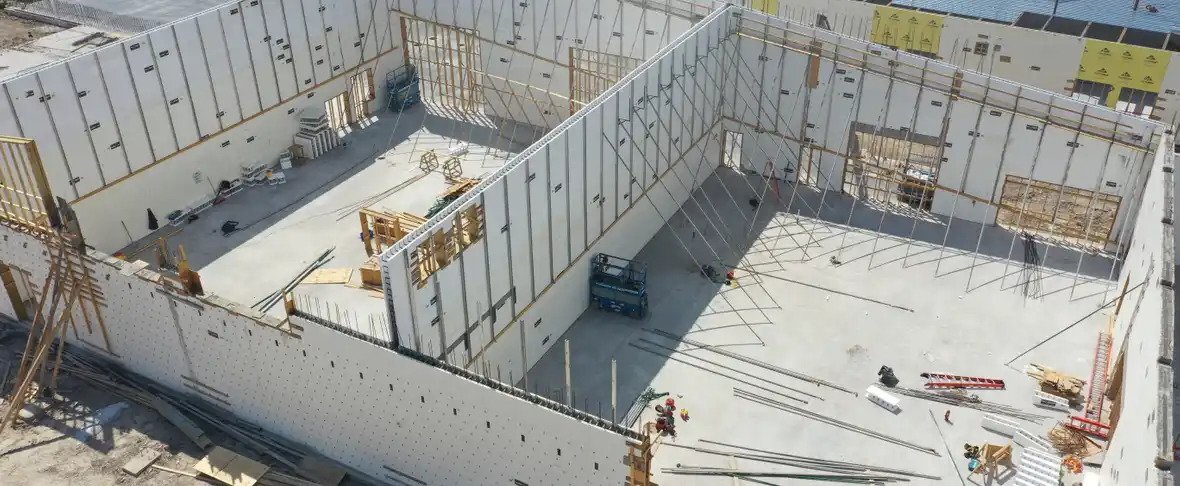
What Do You Mean You Haven’t Heard of an ICF?
Fox Blocks Integrated Learning Center’s (ILC) online training provides comprehensive step-by-step practices for adequately installing insulated concrete forms (ICFs).

The Advantages of ICF for Garage Construction
An ideal product for today’s multi-purpose, energy-efficient, safe, and comfortable garages is Fox Blocks insulated concrete forms (ICFs).

Considerations for Building an Energy-Efficient Home in Phoenix

Duplex vs. Multiplex: Choosing the Right Investment
Duplex or multiplex: which is the better investment? Learn the differences, pros, and cons to make the right choice for your property goals!

The Integrated Design Process (IDP) and Insulated Concrete Forms (ICFs)

Effective Strategies to Insulate Block Walls
Improving the insulation of block walls significantly enhances energy efficiency, comfort, and durability in both residential and commercial spaces. Block walls, often made of concrete masonry units (CMUs), are sturdy but notoriously poor at retaining heat without proper insulation.

14 Ways to Save Money on Building Your Home

Structural Insulated Panels (SIPs) Vs. Insulated Concrete Forms (ICFs)

How Much Does it Cost to Build a Warehouse?
Warehouse planning is fundamentally a square-foot budget decision. Owners, developers, and builders evaluating warehouse cost per square foot need to see how each system affects price.

Insulated Concrete Forms (ICF) Vs. Wood-Frame Construction
Insulated concrete forms (ICF) create a more energy-efficient, quiet, and healthy building than one built with wood-frame construction. ICF buildings are also more resistant to disaster, fire, insect, and moisture intrusion than wood-frame structures.